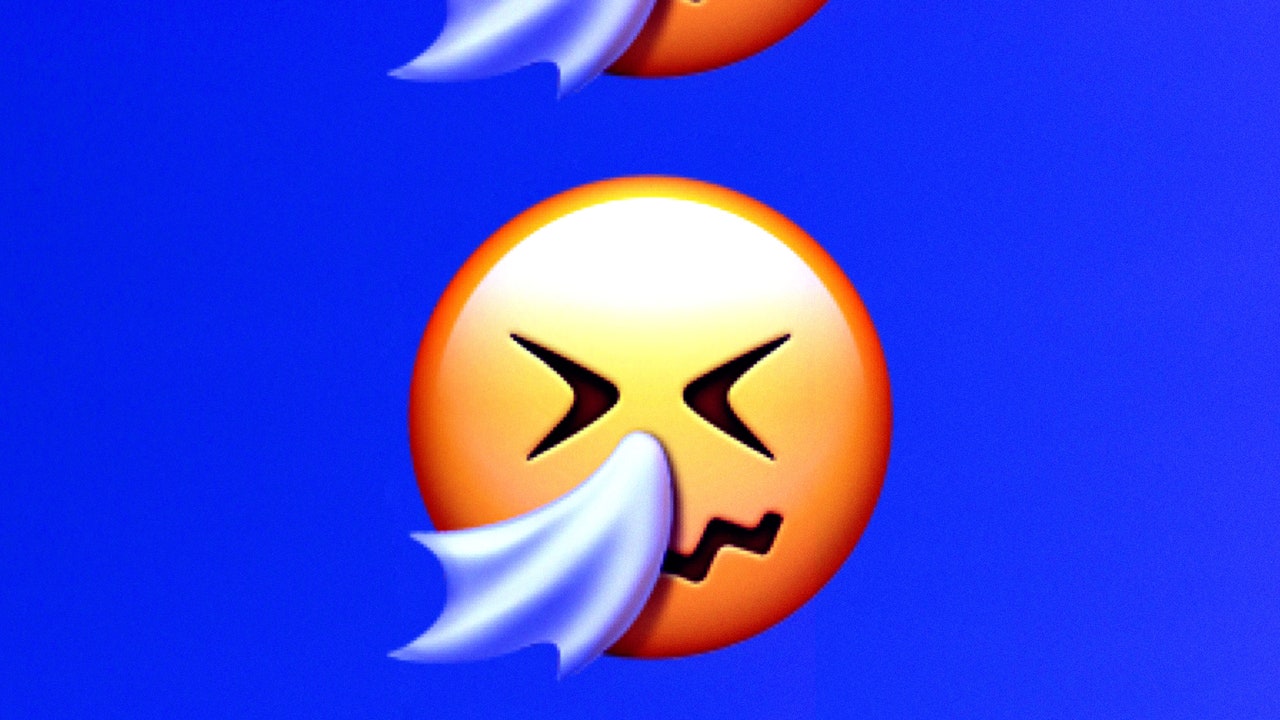How Facebook turned into a coronavirus conspiracy hellhole

Another, on the “Fuerte flights expert” Facebook Group, dedicated to finding the best flight and hotel deals in Fuerteventura, makes similarly erroneous claims, including that “the sun or any other form of heat superior at 24 degrees Celsius so getting in the sun will actually protect you from the virus itself as it cannot survive the temperatures here in the Canaries.” This post netted 147 reactions and 50 shares, eight times more than on the group.
But this medical misinformation could be seriously dangerous.“The danger of conspiracy theories is that they undermine mainstream messages, and they confuse people,” explains Julii Brainard, from the University of East Anglia’s Norwich Medical School. “One the cases we come back to is the Measles Mumps Rubella vaccine and the controversies that were kicked off with research that was published, but then retracted, and is now just heavily discredited.”
People then ignore – and even resent – professional medical advice, leading to behaviour that spreads the infection – not getting tested and not to self-isolating, for instance. A recent study found that people who believe conspiracy theories – around forty per cent of the UK – are more likely to ignore health advice.
“There’s also a kind of cognitive overload,” says Brainard. “If you really think that drinking bleach is going to help you, and you’re busy doing that, are you also going to be thinking, well, ‘did I just touch my face? Have I used hand sanitisers?’”
Social media companies, facing the first world health crisis of their era, have tried to combat this misinformation, often by collaborating with the WHO. Google has released an SOS alert, for instance, pushing WHO information to the top of search results, while Tiktok has hosted a new WHO account. Mark Zuckerberg, meanwhile, wrote a Facebook post underlining his firm’s dedication to “stopping hoaxes and harmful misinformation” about coronavirus.
But perhaps the problem with conspiracy theories isn’t platforms – it’s us. “We have a tendency to always want to blame new communication technologies for old human problems,” Uscinski says. “But in many ways what the internet does allow is allow people to have easy direct access to authoritative information – it allows authoritative information to combat the fakes and the phoneys. One argument to consider is that the internet may not be as hospitable to conspiracy theories as many people claim.”
Will Bedingfield is a staff writer for WIRED. He tweets from @WillBedingfield
More great stories from WIRED
😓 Does alcohol kill coronavirus? The biggest myths, busted
📺 The best shows coming to Disney Plus UK
💩 Gender neutral toilets are a massive failure (so far)
🏙️ A huge Airbnb scam is taking over London
👉 Follow WIRED on Twitter, Instagram, Facebook and LinkedIn
This article has been archived for your research. The original version from Wired.co.uk can be found here.


